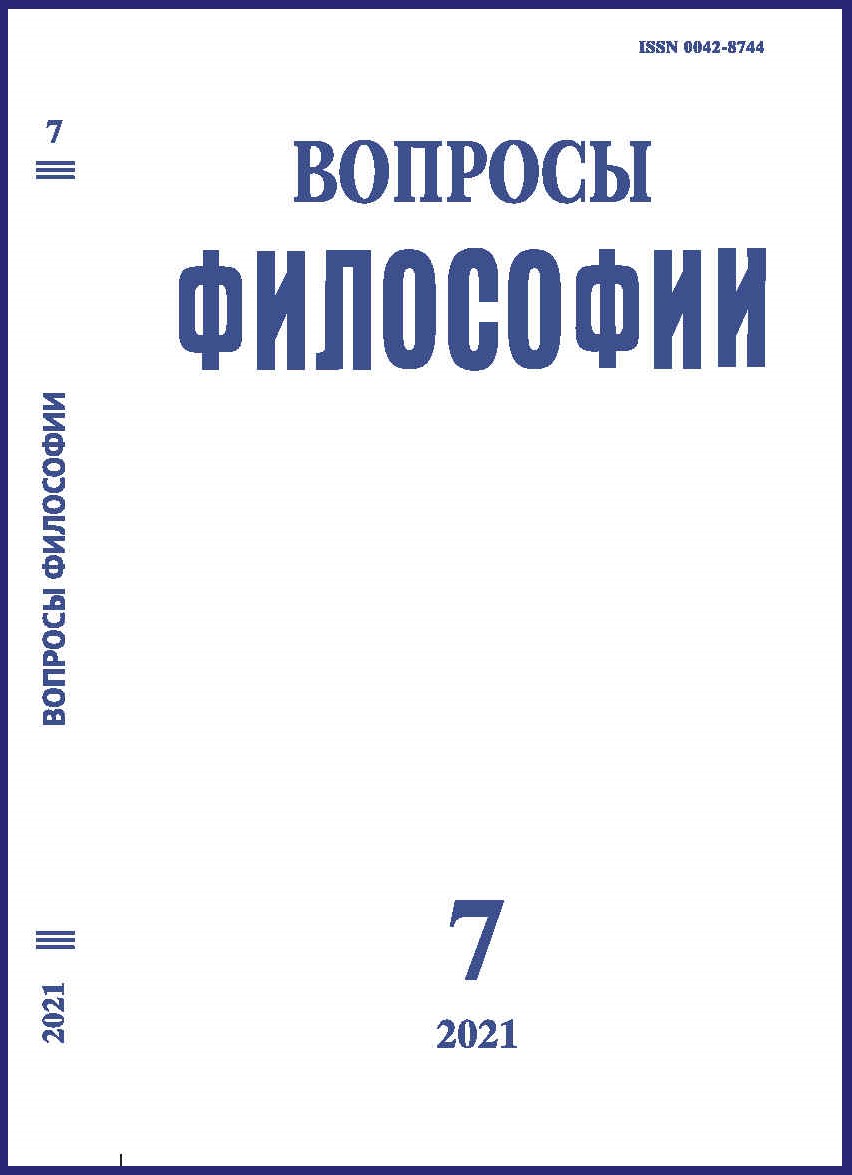Inclusivism as a Сonceptual Means in the Works by Paul Hacker and Gerhard Oberhammer
DOI:
https://doi.org/10.21146/0042-8744-2021-7-191-200Keywords:
Indian philosophy, Indian religious traditions, religious studies, Oberhammer, Hacker, Halbfass, tolerance, transcendental hermeneuticsAbstract
The concept of inclusivism was introduced by German indologist Paul Hacker (1913–1979) to designate a specific polemical strategy characteristic to Indian religious teachings. Inclusivism is described as adoptiong the views of alien religious groups and including them in the own doctrine at a hierarchically subordinate place. In Hacker’s view, inclusivism is an intellectual practice widely used in the rivalry between different religious traditions in India, and as such it should be distinguished from European tolerance. In recent forty years the concept of inclusivism has been widely discussed and criticized. Gerhard Oberhammer, in particular, objected against interpreting inclusivism as a social strategy. In the context of his doctrine of transcendental hermeneutics, he considered inclusivism to be a normative way in which many Indian religious traditions developed their canons of scripture. In this paper I analyze the concept of inclusivism in the works of Hacker and Oberhammer and discuss its’ outlook in contemporary indological studies. A broad interpretation of inclusivism as an implicit textual strategy characteristic to intellectual traditions at different periods of Indian history makes this concept a promising tool for a study of Indian philosophy and Indian culture.

